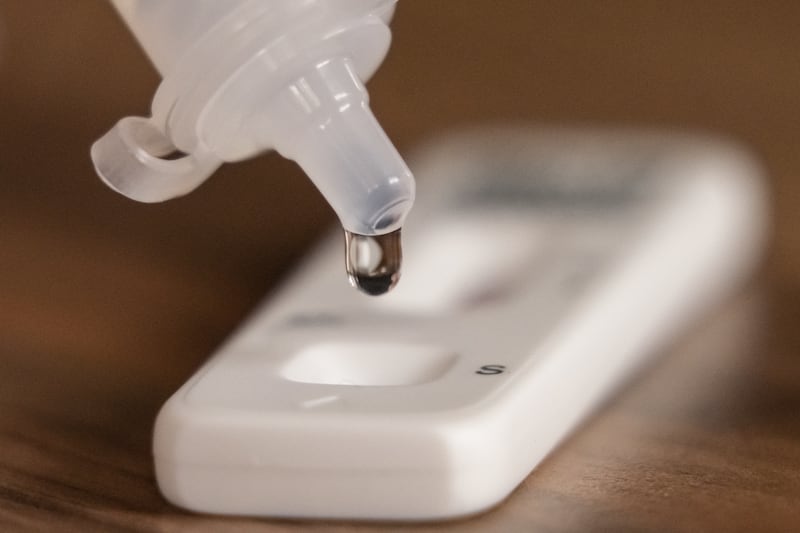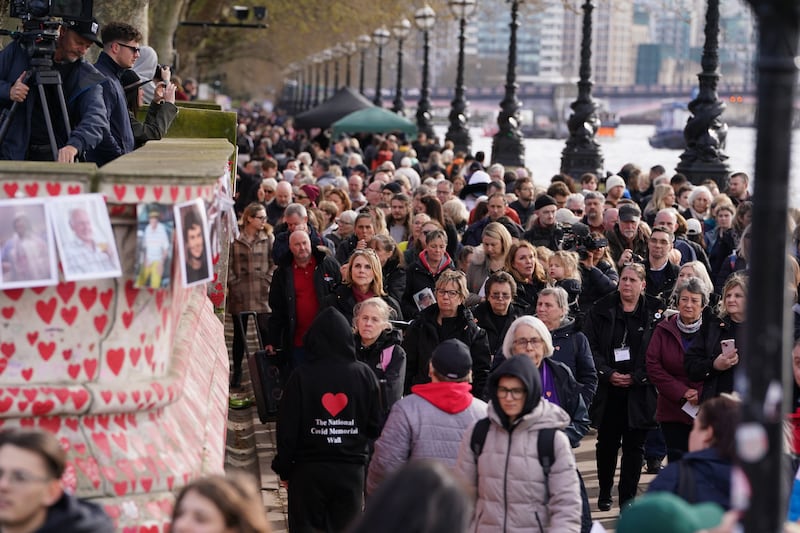PHYSIOTHERAPISTS are being urged to closely monitor long Covid patients' response to exercise - to ensure there are no adverse effects.
A major briefing paper from global academics has recommended a cautious approach when recommending physical activity.
About one in 10 people who had Covid-19 infection, the study found, develop symptoms that persist beyond 12 weeks.
Commonly experienced long Covid symptoms include fatigue, shortness of breath, chest pain, problems with memory and concentration, difficulty sleeping and joint pain.
The list of symptoms attributed to long Covid is extensive and it can be debilitating.
Consequently many people will require physiotherapy and rehabilitation.
More than 20,000 people in the north are understood to have long Covid.
World Physiotherapy, which includes 125 member organisations and represents more than 660,000 physiotherapists, has published a new briefing paper.
Safe rehabilitation approaches for people living with Long Covid: physical activity and exercise, presents considerations for safe rehabilitation specific to physical activity, including exercise or sport.
The paper - co-authored by academics from around the world including Ireland, the UK, Europe, Brazil, Australia and Africa - warns that while safe and effective rehabilitation is a fundamental part of recovery from illness, and can improve function in people living with disability, there is currently insufficient evidence to guide best practice in people living with long Covid.
Dr Joseph McVeigh, Head of Discipline of Physiotherapy at University College Cork, was involved in the study.
"It is recognised that people with long Covid can experience fatigue, which at times can be overwhelming, there is also emerging evidence that some patients can experience post-exertional symptom exacerbation, which means they essentially completely crash after exercise - which of course can set-back patient recovery," he said.
"As physiotherapists we always want to encourage physical activity after illness, however, particularly in long Covid, we should closely monitor the patient's response to exercise or any physical activity to ensure there are no adverse effects. In many people with long Covid exercise interventions will be extremely gentle and progress may be very slow, patients should be encouraged to follow the ‘three P’s’, pacing, planning and prioritising their physical activity."
The briefing paper has advised physiotherapists to carefully monitor patients' symptoms before and after physical activity, with continued monitoring for signs of potential delayed development of cardiac dysfunction, reduced oxygen saturation, and orthostatic hypotension, a form of low blood pressure that takes place when someone stands up from sitting or lying down.
The paper is the result of efforts from key opinion leaders and stakeholders from across the global community in long Covid and physiotherapy. Individuals from across the World Physiotherapy regions, community groups, organisations, interdisciplinary clinical practice, and academia have collaborated to identify statements on safe rehabilitation approaches for people living with long Covid.







